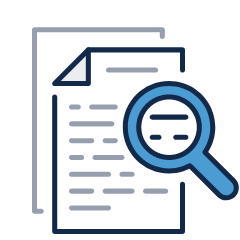Admissions: Master’s of Data Science Online
UNC-Chapel Hill seeks motivated analytical thinkers who are passionate about using data to solve problems and improve people’s lives. The online Master of Applied Data Science is a practice-based program and is geared more toward practitioners than researchers.
A working knowledge of programming, statistics, and linear algebra is required.
Admissions Highlights:
- Three start dates per year: January, May, August
- Bachelor’s degree required
- Skills refresher course available for all applicants
No GMAT/GRE scores are required.











